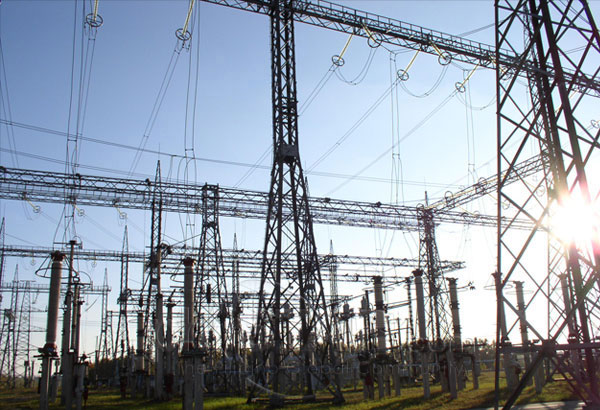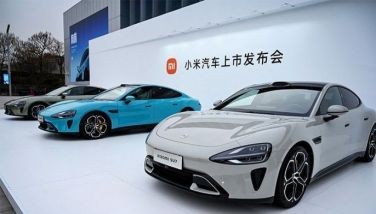More support for renewable power development urged
MANILA, Philippines — The Philippine government is being urged to provide more support for renewable energy (RE) development to help meet the country’s capacity goals and requirements for clean energy.
During Powertrends 2019, Aboitiz Power Corp. chief operating officer Emmanuel Rubio said the country has seen an increase in RE development since the Electric Power Industry Reform Act (EPIRA) of 2001 and the Renewable Energy Act of 2008 were enacted.
“These two laws led to the rapid rate of RE development that will eventually bring the country to where it is today in terms of RE,” he said.
He cited the Philippines’ standing in the World Energy Council report 2018, which placed the country at the top in terms of our environmental sustainability.
This is on the back of an RE capacity, reaching 7,227 megawatts as of the end of last year, driven mainly by the development of the country’s key RE resources namely geothermal and hydropower, as well as massive development in the past few years brought about by the feed-in-tariff (FIT) system.
Despite these achievements, challenges in the development of RE are far from over, Rubio said.
“As the country’s demand for RE continues to grow, it is imperative for the government to create an environment that is conducive to making renewable energy more competitive, hence more beneficial to consumers,” he said.
Under the National Renewable Energy Program (NREP), the Department of Energy (DOE) is targeting to triple the existing renewable capacity of 5,438 MW in 2010 to 15,304 MW by 2030.
But almost a decade after, the country has only increased its RE capacity to over 7,000 MW.
In order to further drive RE development, Rubio said the government could help in streamlining the permitting process.
“Currently, we need a multitude of permits and approvals, even more stakeholders to convince, and several years to get the green light to build hydro or geothermal power plants. The government has initiated programs like the Energy Virtual One-Stop Shop (EVOSS) and Energy Projects of National Significance (EPNS), which should at least reduce timelines for projects that qualify under these programs,” he said.
Another challenge is the delivery of energy to consumers once the power plants are built, since transmission networks are still limited.
The DOE is also being urged to fasttrack the implementation of RE policy mechanism supports such as the Renewable Portfolio Standards (RPS) and Green Energy Option Program (GEOP), which are seen to increase the share of RE in the supply mix up to 35 percent.
“There are still concerns that RPS will drive electricity prices up. We agree with the Department of Energy (DOE), that with regulations like competitive selection process (CSP) in place, these concerns can be managed. The best value will still win. The consumers will still win,” the AboitizPower official said.
“The implementing rules and regulations (IRR) for GEOP is still being developed and this early, metering, and connection issues are already being raised. We need to work with distribution utilities and electric cooperatives in order to facilitate ease of switching for customers who opt to benefit from GEOP. After all, the ultimate goal of these policies and frameworks is to benefit consumers by giving them the power to choose,” he said.
A provision of the RE Act, RPS mandates power industry players to produce and source a certain percentage of electricity from RE sources such as biomass, waste-to-energy technology, wind energy, solar energy, run-of-river hydroelectric power systems, impounding hydroelectric power systems, ocean energy, and geothermal energy.
Another policy support under the law is the GEOP, a mechanism where electricity end-users are given the option to choose RE as their preferred source of energy.
The FIT system details perks for power developers for a period of 20 years to invest in the more expensive renewable sector. Payment for FIT-eligible projects are shouldered by all on-grid electricity consumers through a uniform charge called FIT-All.
- Latest
- Trending






























